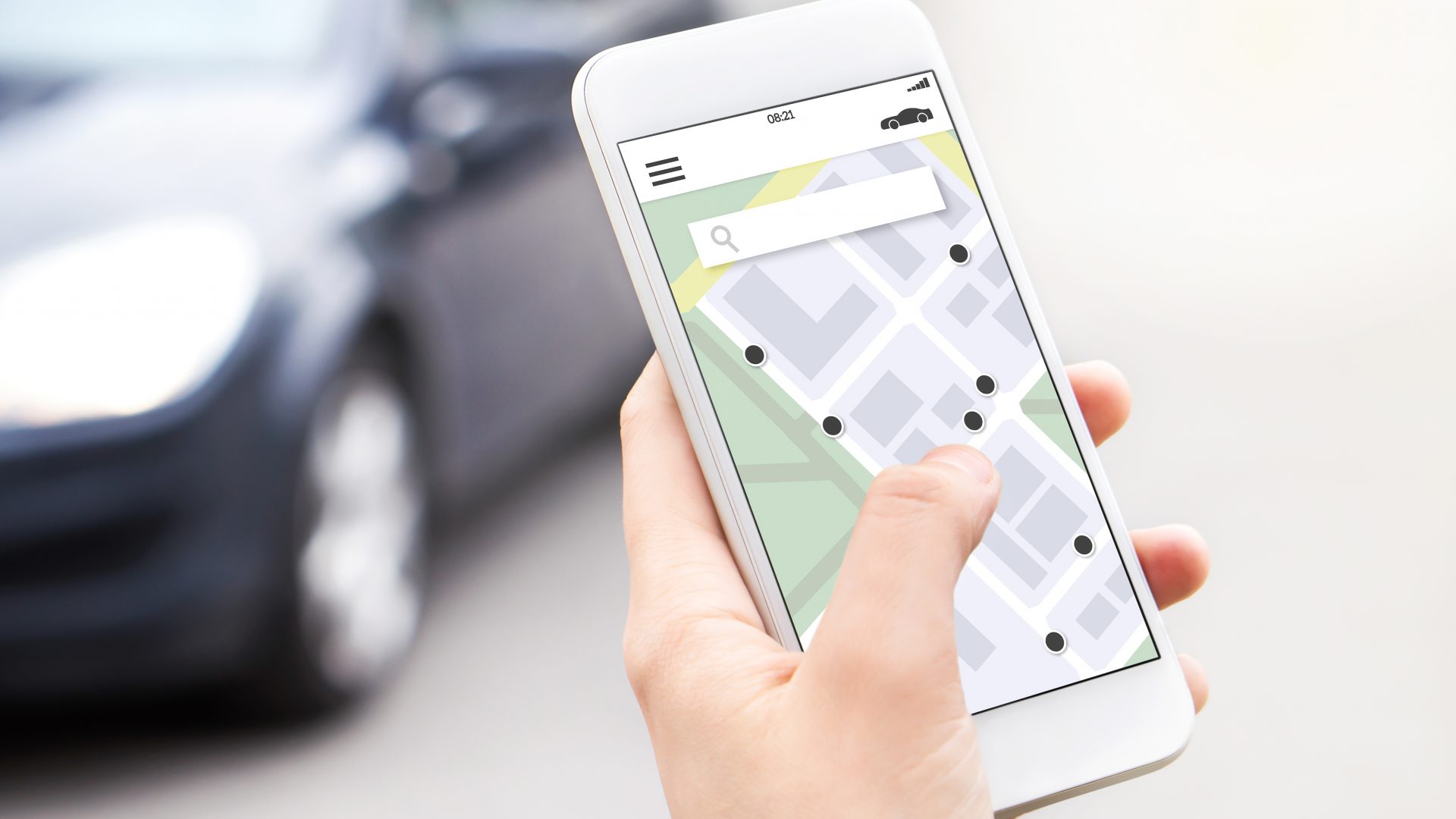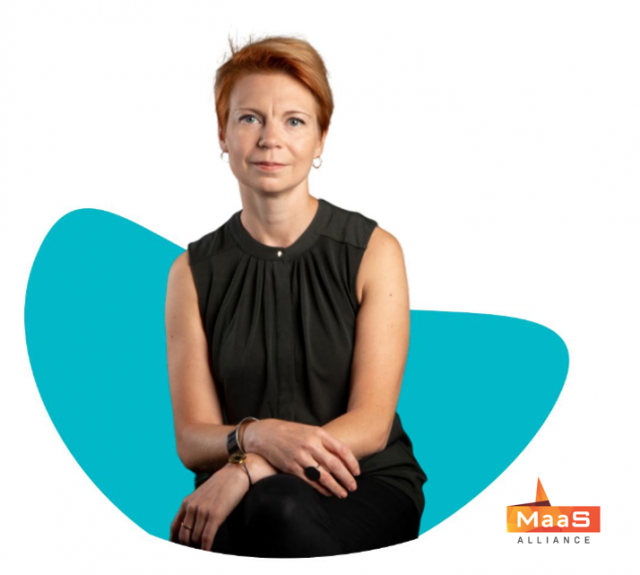
transport & mobility
EU sustainable & smart mobility strategy – prospects for MaaS
In her November 2019 mission letter, Adina Valean, Commissioner for Transport, was asked to “put forward a comprehensive strategy for sustainable and smart mobility”.
The Commission will adopt such a strategy in early December 2020. The aim is to lay the foundations for an EU transport sector that is fit for a clean, digital and modern economy.

Piia Karjalainen, Secretary-General at Mobility as a Service Alliance (MaaS Alliance) provided insight on her association’s expectations on the EU Sustainable and Smart Mobility Strategy. MaaS Alliance is the integration of various forms of transport services into a single mobility service accessible on demand. As defined by the MaaS Alliance, the central concept is to “meet the individual mobility needs of all users, whether travellers or goods.” MaaS Alliance aims to create the foundations for a common approach to MaaS and to facilitate a single, open market and full deployment of MaaS services.
Bearing in mind growing climate concerns and COVID-19, how would you assess 2020 for the MaaS ecosystem? What are the lessons learnt and the possible way forward?
Piia Karjalainen (PK): After this pandemic, our world needs comfortable and smart mobility solutions more than ever before. MaaS as a mobility “one-stop-shop” helps to match the mobility demand and supply based on the user’s personal preferences. It also provides users with the right real-time information about prevailing circumstances or safety and security measures at the destination. It should thus help to regain users’ trust in public and shared services. With its expected positive impacts in making our transport system more sustainable, MaaS has the potential to be the game-changer in our everyday mobility. I anticipate that demand for solutions like MaaS is accelerating in post-COVID world.
After this pandemic, our world needs comfortable and smart mobility solutions more than ever before.
Digitalisation, automation, and connectivity are reshaping the transport sector: what are the most promising opportunities in the digital age for your industry? Any areas for improvement?
PK: MaaS is a globally known European mobility innovation and child of the digital era. For us, it’s very much a question of harnessing the digitalisation to make our transport system more sustainable, safe, and resilient. The MaaS presents a powerful tool in reaching the decarbonisation goal, as also recognised by the European Commission’s Green Deal. Simultaneously it provides Europeans with all-encompassing services to meet their mobility needs both locally and when travelling across the Union. Users should be put in the centre when designing the services and policies to master this digital and green twin transition.
[…] harnessing the digitalisation to make our transport system more sustainable, safe, and resilient.
What initiatives would you like the Commission to propose in its Sustainable and Smart Mobility Strategy to support your industry reaching these objectives?
PK: For MaaS, open data policies accompanied by appropriate regulation that ensure market access, fair competition and a wider choice for the consumer are the first building blocks. The European Union has already taken steps in the right direction with its data policies. However, further development of MaaS-market also requires non-discriminatory access to essentials assets and services. Thus we would like to see enabling the public transport ticket resale for MaaS platforms that are acting as intermediaries. An essential task of EU regulation is also to decrease the market fragmentation and support the development of scalable services beyond isolated city islands.
Further development of MaaS-market also requires non-discriminatory access to essentials assets and services.
Given the COVID-19 context (no face-to-face meetings, etc.) how will you adapt your engagement strategy with policymakers to make your voice heard?
PK: Being a global community with more than 100 members around the world, we are very used to interact and work together remotely. Also, the events and activities that we had planned for this year (e.g. the MaaS Summit), were turned successfully into a digital version. The European Commission has been very active with its consultations, stakeholder dialogues and workshops, and there we’ve seen a smooth digital process. But of course, meeting people formally and informally remains as the preferred way and something we now very much miss.

